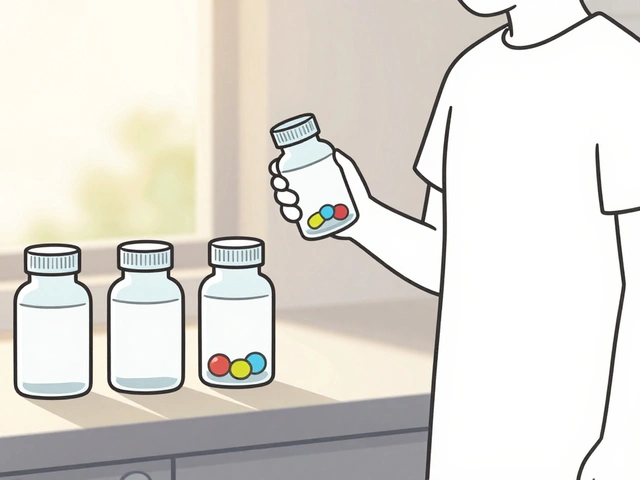5-FU Chemotherapy – What It Is and Why Doctors Use It
5-FU, short for 5‑fluorouracil, is a common chemo drug that fights many cancers, especially colon, breast, and head‑neck tumors. It works by stopping cancer cells from making DNA, which slows their growth. Doctors often give it alone or with other medicines to boost results.
How 5-FU Is Given and Typical Dosage
There are two main ways to take 5-FU: an IV drip that runs over several minutes or a continuous pump that delivers the drug for days. The exact dose depends on your weight, the cancer type, and other health factors. Most treatment plans repeat every two or three weeks, giving your body a break between cycles.
Because the dose can be high, nurses will check your blood work before each round. Low blood counts, liver issues, or kidney problems may mean your doctor adjusts the amount. Always follow the schedule your clinic gives you – missing a dose can affect how well the treatment works.
Common Side Effects and Easy Ways to Manage Them
5‑FU can cause nausea, mouth sores, diarrhea, and low white‑blood‑cell counts. Eating small, bland meals and staying hydrated helps with nausea and diarrhea. A sugar‑free mouthwash or a soft‑food diet can soothe mouth sores.
If you feel unusually tired or get a fever, call your doctor right away. Low white cells increase infection risk, so keep hand‑washing habits strong and avoid crowded places during low‑count weeks.
Some people notice skin changes like a rash or dark spots. Gentle moisturizers and sunscreen can keep skin comfortable. Over‑the‑counter pain relievers like acetaminophen are usually safe, but check with your pharmacist before using ibuprofen, as it can affect kidneys.
Alcohol can make side effects worse, especially liver strain. Try to limit drinks during treatment weeks and discuss any cravings with your care team.
Staying organized helps you stay on track. Use a pill‑tracker app or a simple calendar to note infusion days, lab appointments, and symptom check‑ins. Bring a list of all medications, supplements, and herbal products to every visit – many can interact with 5‑FU.
Remember, every body reacts a bit differently. If a side effect feels too strong, let your oncology nurse know. They can adjust supportive meds, suggest diet tweaks, or sometimes pause treatment to let you recover.
When the course finishes, many patients feel a big boost in energy and mood. Keep up the healthy habits you built – balanced meals, regular light exercise, and good sleep – to support your body as it returns to normal.
5‑FU chemotherapy is a powerful tool, but it works best when you’re informed and proactive. Use these tips, stay in touch with your care team, and give yourself credit for handling a tough journey.



